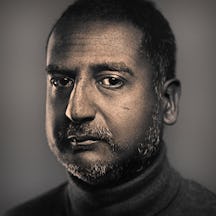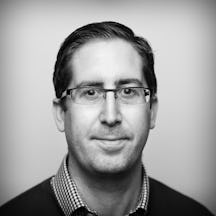Beer writer David Jesudason thinks a lot about drinking culture, but racism in the past has meant it’s been rare for him to feel safe in the pub. Meanwhile, recent efforts to make an organisation he’s part of more inclusive have been met with resistance and denial. Here, David reveals the mental health toll of being the only brown man in the room and argues why safe public spaces are so important.
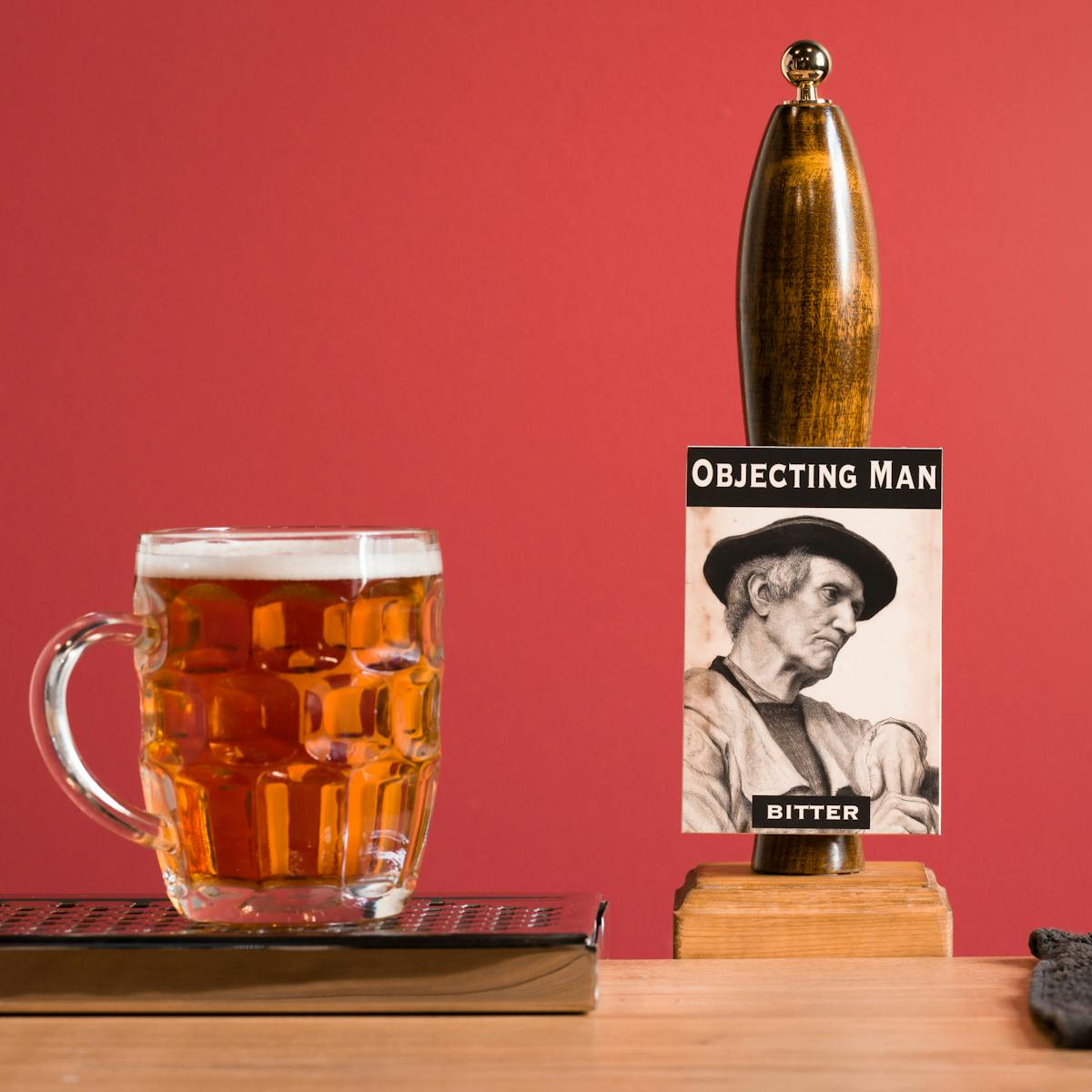
A dark cloud appears in my head whenever he speaks. It blurs my reality and makes me question my sense of self.
I’m proposing an anti-racism initiative to the trade body I’m part of. But every time I speak on any subject, the same man objects, despite how important my ideas are. I am the only non-white person in the room and on this committee. He’s the only objector.
My racist nemesis is dressed in an old man’s suit. Let’s call him ‘Objecting Man’.
The meeting is cordial in tone, but Objecting Man’s soft voice does anything but soothe me – his words are delivered plainly but they make my heart thump and my palms sweaty. I’m finding it hard to breathe and I want to cry out in anger. I visualise meeting his comments with my fists despite the professional, everyday setting of the meeting room. I’m a child again, facing a bully.
He’d probably be shocked to discover my thoughts, but Objecting Man has whisked me back to the streets, to the classroom and to the pubs where I’ve been taunted and sidelined. My proposals are intended to create more safe spaces and make minorities feel more welcome. The idea is to bring the organisation in line with others that foster diversity.
But Objecting Man just doesn’t get it. He’s someone who has never navigated a world away from his white-boomer privilege and seems unable to imagine what it might be like.
Racism and trauma
The pubs I visited when I first started drinking were white establishments where I was served, but ridiculed for my brown skin – I was called a taxi driver, had to listen to racist jokes and was mocked for “smelling of curry”. I never felt safe. This was 1990s Bedfordshire, and my white-majority home town provided me with a lifetime of trauma, anger and resentment. And mental health issues – I struggle with depression, withdrawal and self-loathing.
Conquering these spaces was impossible in person, but I’m doing it in print: I’ve written about racial segregation in pubs in the Black Country town of Smethwick and I’m currently writing a guide to British-Indian pubs, food and culture. Optimism can be found in both reporting the truth and the fact all the pubs in Smethwick are now desi pubs run by British Indians.
But the impact racism has had on my mental health hasn’t been examined by my doctors. Meanwhile, never feeling safe continues to inform my interactions, including with Objecting Man. There’s even evidence the type of conflict I’ve endured increases cortisol levels.
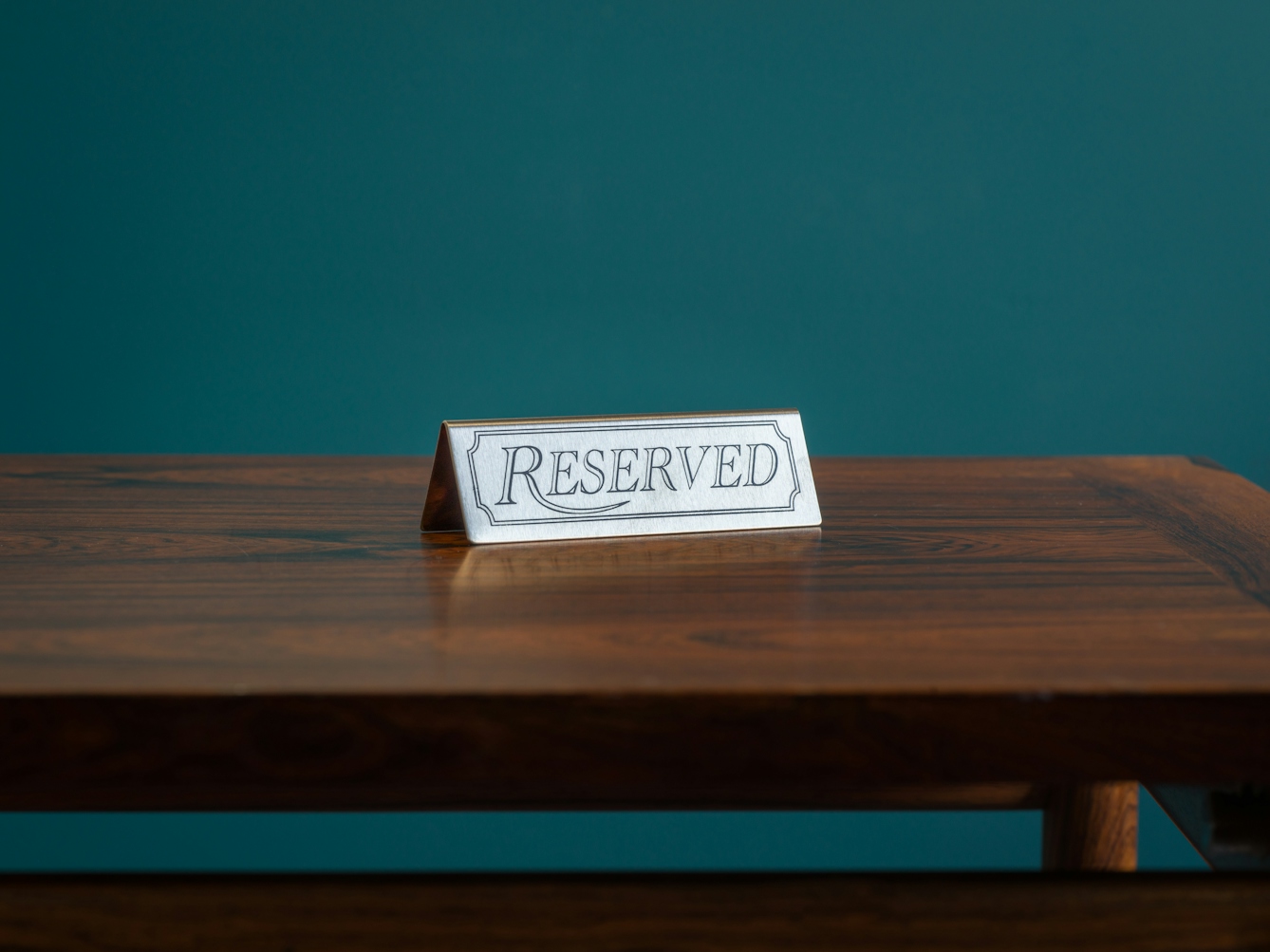
“The pubs I visited when I first started drinking were white establishments where I was served, but ridiculed for my brown skin.”
“Racial trauma does occur,” Karine Coen-Sanchez, from the Faculty of Social Sciences at the University of Ottawa, says when I interview her, “and is a result of events of racism where individuals experience stress and a consequential mental health sequence.”
Monica T Williams, in this study of racist trauma she conducted with Angela Haeny and Samantha Holmes, shows there’s a link between the type (and amount) of racism I’ve received to patterns of behaviour. The report claims there’s a scale of trauma that shows regular victims of racism are more likely to have PTSD, to suffer from alcoholism and drug addiction, and to be the type of person who gets into fights and has numerous sexual partners.
Another study by Sannisha Dale and Steven Safren found that racial microaggressions caused PTSD symptoms and adverse behaviour triggered by trauma.
Williams also points out that PTSD can have many causes, although clinicians often only consider sexual abuse, combat and life-threatening assaults. This is where the black cloud comes in, as I’m never sure if I have PTSD or if I’m just overreacting. It’s hard to believe that any doctor would consider Objecting Man to be one of the triggers of my mental health problems.
Conflict in white spaces
Throughout my day I change my behaviour when I’m in white spaces. I don’t want to fit the profile of an angry brown man; equally, I don’t want to be seen as someone who bows to white culture. This has a negative impact on my health, according to Coen-Sanchez, who compares it to a form of double consciousness, as espoused by the philosopher W E B Du Bois in ‘The Souls of Black Folk in 1903’.
Coen-Sanchez explains that the denial of racism, something Objecting Man frequently does, is very harmful. “It’s dismissive of your reality,” she says, describing the negative effects of being ignored, and instead being told by someone else what you are seeing, feeling and perceiving. “There’s a huge consequential impact to anyone’s mental health who is in that boat.”
Throughout my day I change my behaviour when I’m in white spaces.
Coen-Sanchez believes white people like to define the actuality of racism but, paradoxically, they can’t really comprehend it because they have never experienced hatred of the type I’ve endured. She also says that it’s the way many people used to react to poor mental health: blaming the ‘victim’ rather than looking at the reasons why they have a range of conditions.
This is mirrored by Rehman Abdulrehman, a consulting and clinical psychologist. He tells me the way we treat mental health has improved, but the way we deal with racism and white spaces remains deeply problematic because it is seen as a social not a psychological issue.
“If you’re a person of colour,” he says, “you’re constantly in conflict. And this creates a serious psychological issue. It’s difficult to treat trauma when you are continually being traumatised.”
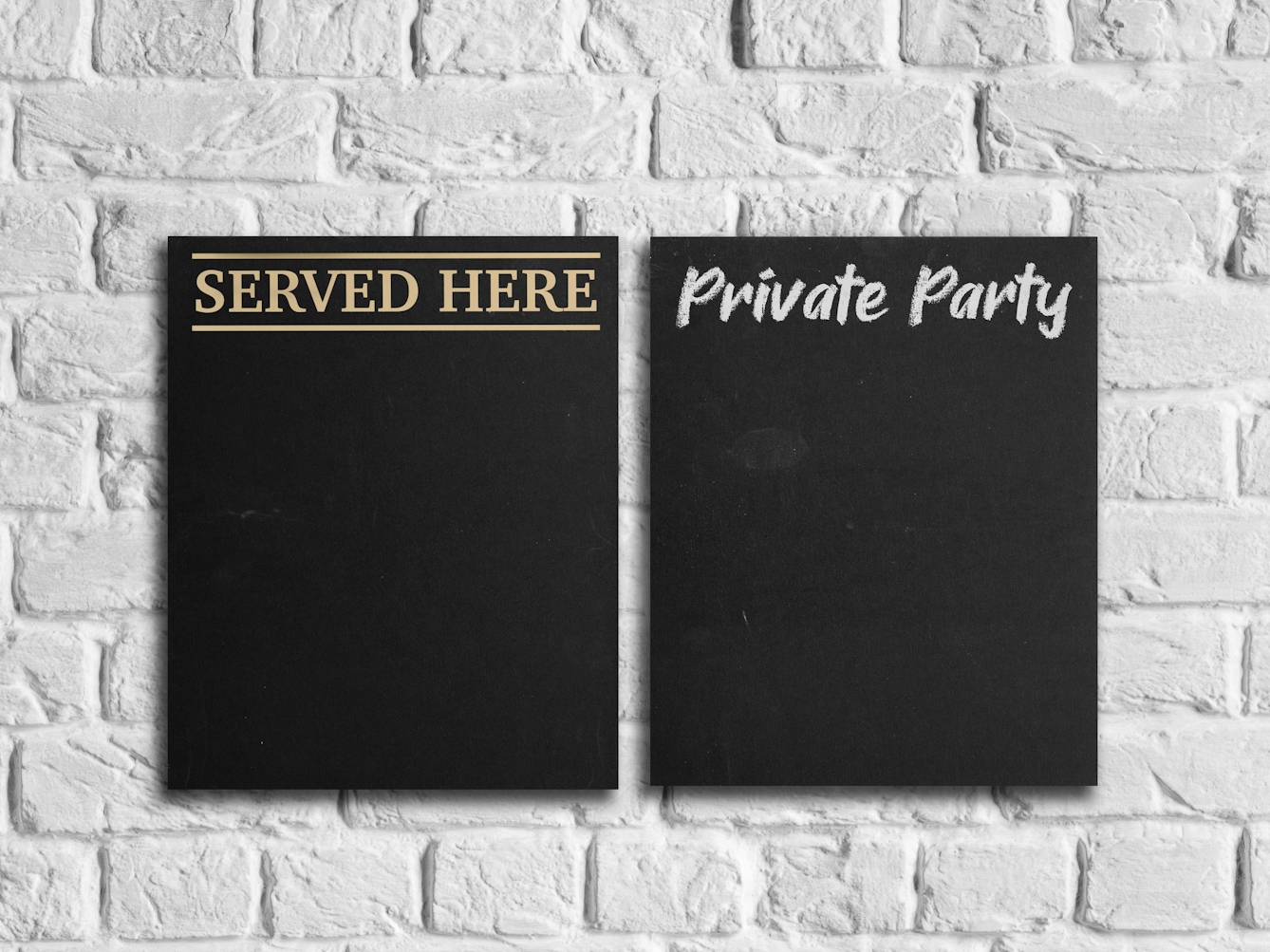
“Throughout my day I change my behaviour when I’m in white spaces. I don’t want to fit the profile of an angry brown man; equally, I don’t want to be seen as someone who bows to white culture.”
At home in the desi community
Like me, Abdulrehman is often asked where he’s from. It’s a common question in white-majority areas outside of towns and cities. He’s even done a TED Talk on this subject. I think asking where a person is from is a way of othering anyone who isn’t white. But these misguided interactions are rarely challenged, especially by people in power, despite being racist.
“We got people to wear a mask to stop Covid,” Abdulrehman says. “So, if we want to prevent racism and the health consequences, we need better education to dismantle the concept of colonialism, whiteness and the white standard.”
I can’t see that happening any time soon, not when politicians and institutions continue to pretend racism isn’t a problem, or even lay the blame at our door. Like when a flawed report produced for the British government claimed the UK isn’t systemically racist, despite evidence to the contrary. Or the racism the cricketer Azeem Rafiq was subjected to while playing for Yorkshire County Cricket Club, and the abuse he’s faced since speaking out.
The temporary answer, according to Coen-Sanchez, is to find similar communities and forge close bonds. For me, these are the desi pubs that have brown landlords and a multicultural clientele who enjoy the best of British-Indian culture and cuisine.
I will always have to navigate white spaces and deal with people like Objecting Man. But for every racist objection, I know that I can soothe myself when drinking with my new-found desi community. It’s where I go to make the dark cloud in my head disappear.
About the contributors
David Jesudason
David Jesudason is a freelance journalist who covers race issues for BBC Culture, Pellicle and Vittles. He was named Beer Writer of the Year in 2023, after his first book ‘Desi Pubs, A Guide to British-Indian Pubs, Food and Culture’ was hailed as “the most important volume on pubs in 50 years”. David also writes ‘Pub Episodes of My Life’, a weekly newsletter about the drinking establishments that serve marginalised people.
Steven Pocock
Steven is a photographer at Wellcome. His photography takes inspiration from the museum’s rich and varied collections. He enjoys collaborating on creative projects and taking them to imaginative places.
